During the week from September 9 to September 15, the Information Security Department warned about the following forms of online fraud:
- Charity scam after Typhoon Yagi : In response to the call for help to support people affected by natural disasters in the North, many kind-hearted people across the country did not hesitate to lend a helping hand. However, many people took advantage of this opportunity to make a profit.
The subjects used many images and information similar to official pages to call for donations, confusing people and causing them to transfer money to them.
To avoid being taken advantage of and defrauded of charity money, the Information Security Department recommends that people raise their vigilance, research and verify information through official sources, and at the same time, ask people to report to authorities when they discover pages or personal accounts showing signs of fraud.

- Impersonating doctors and cosmetic hospitals to commit fraud: subjects create fake social media accounts impersonating reputable doctors, sharing health articles to attract attention and build trust with followers.
Not only using images of doctors, the subjects also created fake certificates to increase their credibility. After gaining the trust of customers, the subjects offered services at attractive prices, asked for a deposit and then cut off contact.
The Information Security Department recommends that people should be careful when choosing health-related services on social networks, and should check and confirm information about medical facilities and doctors before using the service; and should only use official, licensed platforms with a clear doctor identity verification system.
- Online financial investment fraud: subjects set up fake stock exchanges, virtual currency investments and impersonate financial experts, stock specialists or representatives of reputable brokerage firms. Then, the subjects invite victims to investment groups on Facebook, Telegram, Zalo... and invite them to join the exchanges they create.
Many people invested in the promise of high interest rates and fake evidence of profits from previous participants. After collecting a sum of money, the virtual exchange would close or disappear, causing investors to lose money.
The Information Security Department recommends that people do not invest or trade on virtual currency exchanges, websites or virtual currency investment applications, do not provide personal information, and do not download applications of unknown origin.
- Labor export fraud: subjects impersonate brokerage companies through websites, providing fake documents. Subjects organize seminars, promising to work in good conditions, high income. After workers need to deposit to complete procedures, subjects have appropriated that amount.
The Information Security Department recommends that employees clarify information and verify the company and working environment; and not pay any money before signing the contract.
- Google Voice users become targets of fraud: the subjects contact accounts that post on social networks about the need to buy and sell products and services. Then send a Google Voice account verification code and ask the victim to provide a phone number and send the code back to verify the authenticity. Next, the subject uses the shared code to create a Google Voice account linked to the victim's phone number.
The subjects then took control of the victim's phone number via Google Voice, thereby appropriating the victim's property.
The Information Security Department recommends that people be vigilant when using Google Voice, do not follow instructions from strangers, do not provide personal information, and improve security by turning on 2-layer security mode.
- Impersonating Apple CEO calling for investment: subjects use Deepfake technology to create videos of Apple CEO calling for investment with the purpose of appropriating users' assets.
These videos are broadcast on social media platforms and call on viewers to participate by sending money in the form of virtual currency. After receiving a certain amount of money, the subject deletes all videos and related information.
Therefore, people need to be cautious with investment calls, need to verify the legality of projects as well as not follow the instructions of strangers.
Source: https://kinhtedothi.vn/canh-bao-lua-dao-truc-tuyen-tren-khong-gian-mang-viet-nam-va-quoc-te.html


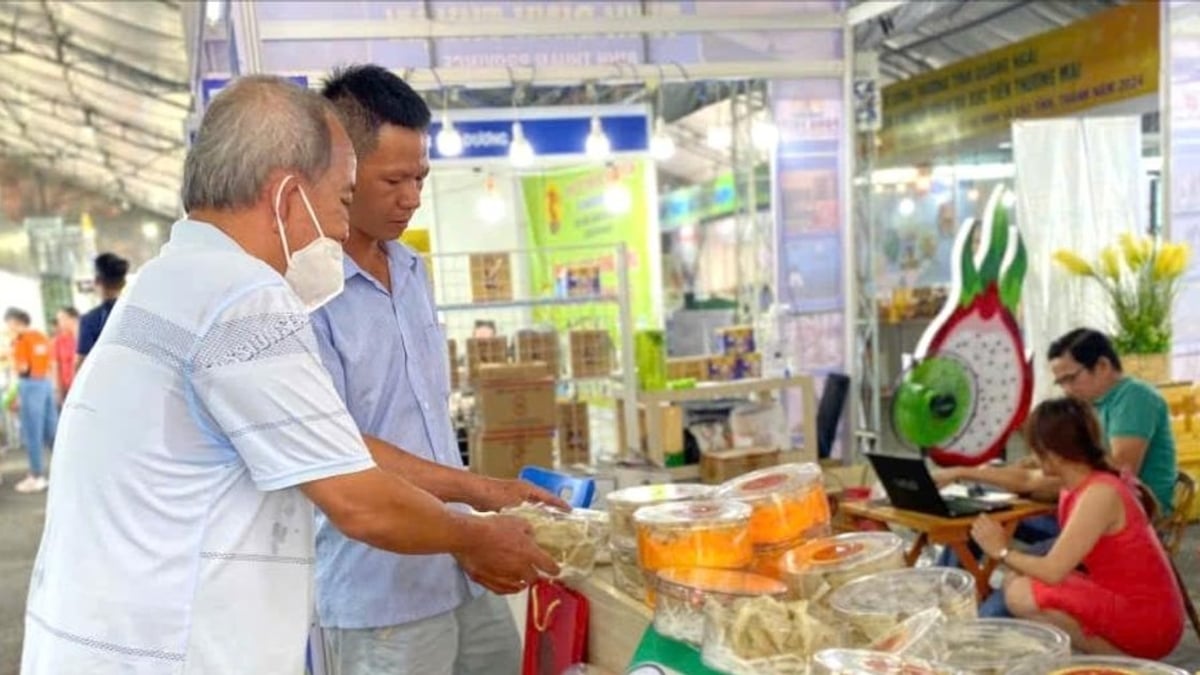
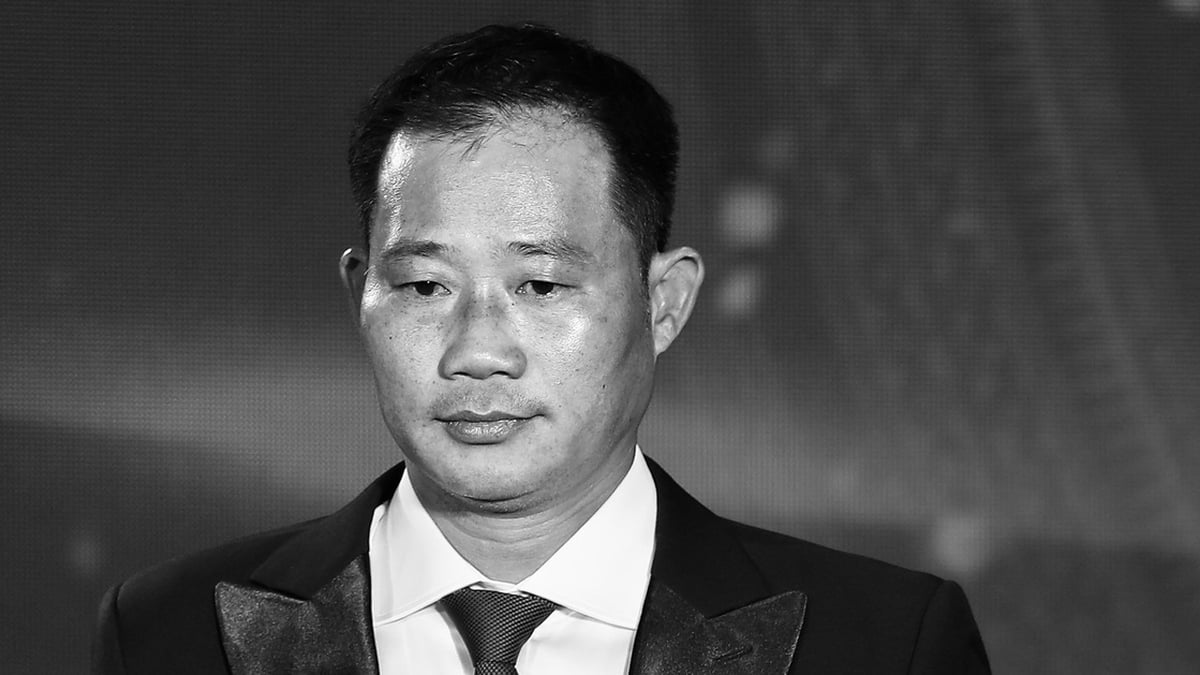
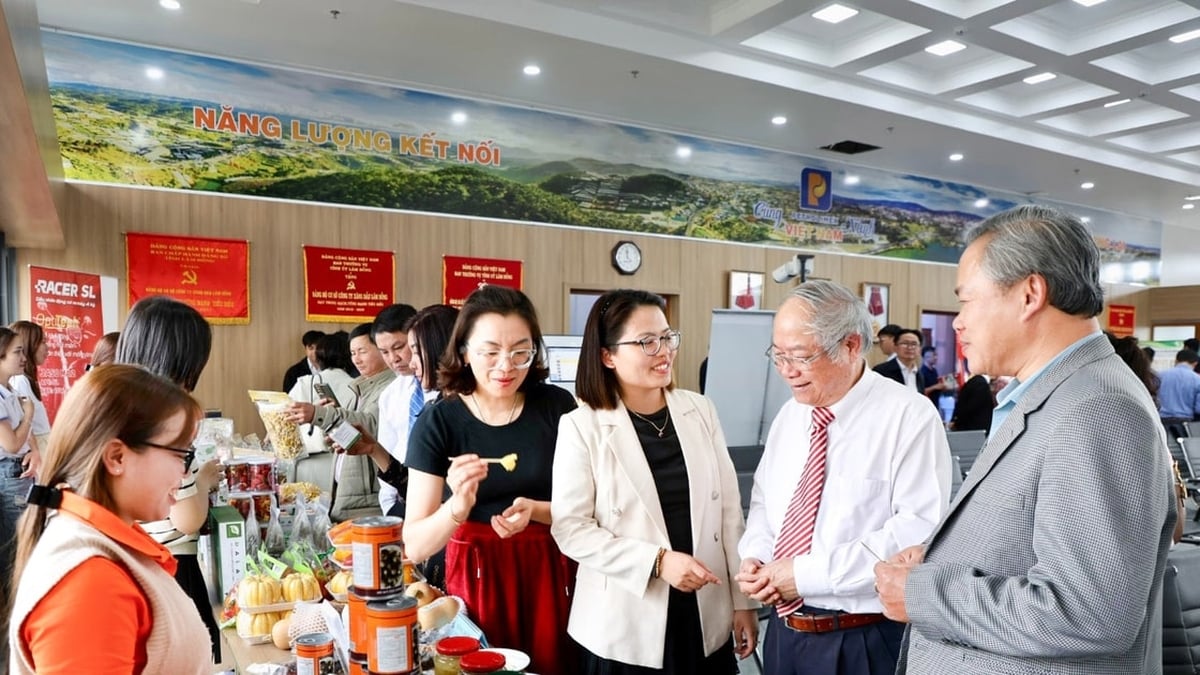



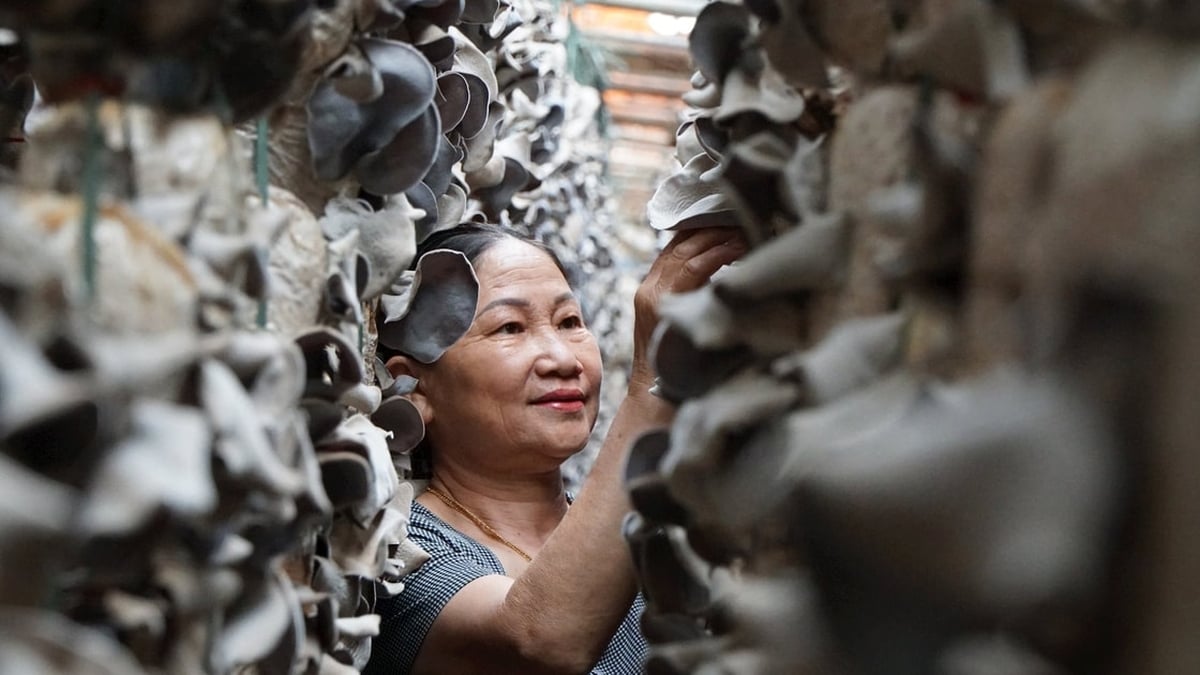


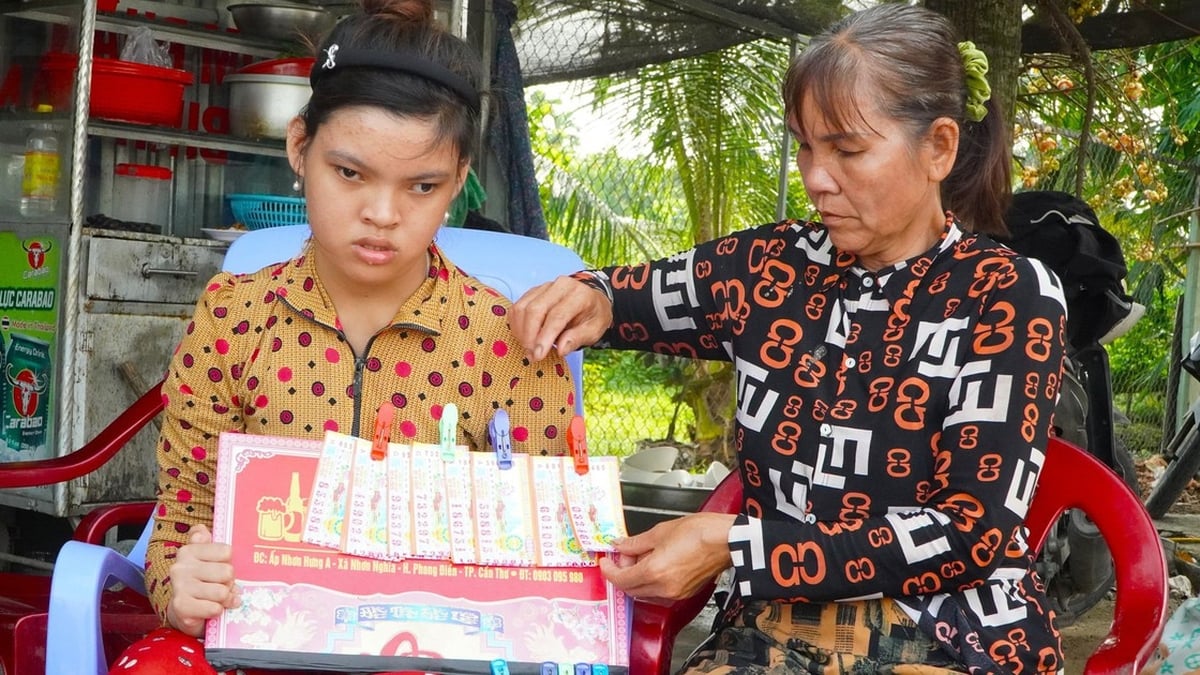









































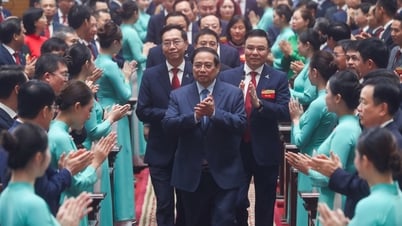











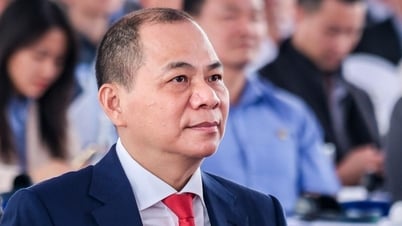







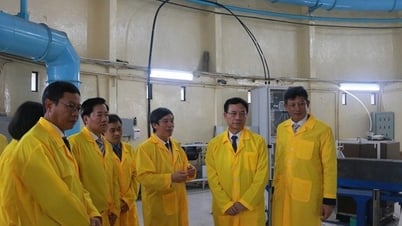


























Comment (0)